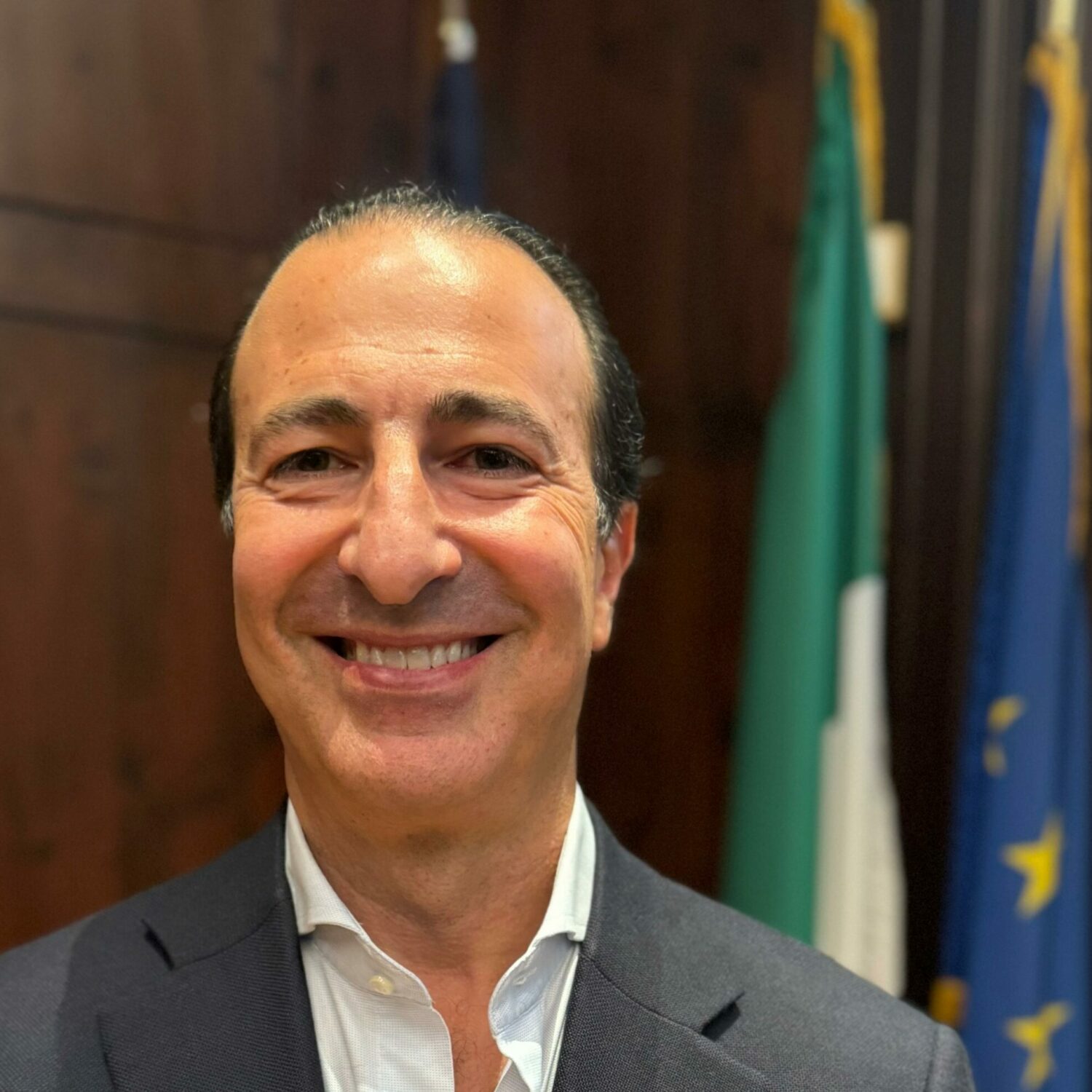Taking place today, Sept. 24, in the Naumberg Bandshell in Central Park, is the evening organized by Opera Italiana is in the Air, a cultural initiative led by conductor and founder Alvise Casellati. We interviewed him, to let him tell us how a seemingly niche genre can be so successful around the world and, especially, in the US.
Opera Italiana is in the Air was born in 2017 and has become a hit, all the way to Central Park today. How do you explain this interest from the United States of Italian opera?
Because in the end the quality is the beauty of the work: people respond to the quality, the effort. It’s like when a sportsman watches a soccer game or a football game, maybe the Super Bowl, number one and number two playing against each other: it’s a spectacle even for people who don’t follow these things regularly. The moment you bring in something as quality as opera, with performers from the Metropolitan Opera and students from the best schools in the world, people can’t remain unmoved. It’s in our genes, it’s a world that belongs to us, so it’s natural for me to succeed.
Yet the perception is that not everyone cares about the work…
People don’t know opera anymore, they don’t know anything about it: you used to turn on the radio and hear opera, nowadays you don’t hear it on the radio, you don’t see it on television, you don’t hear about it from parents, from friends, because they don’t go there. At this point it must be lucky to end up in a theater to see opera, because people don’t know about it and are not interested. Opera Italiana is in the Air was created precisely to bring opera out of the theater, to places where people walk, walk and maybe realize it is free, giving it a chance. It is a program to spread our Italian DNA, it is something we invented and still today it is one of the most complete arts in the world. It still talks about feelings, about human life, about us as human beings and what we want to be in the future-it has all the ingredients to be pop music, you have to believe in it.
Yesterday he gave an open master class here in New York and the audience was moved by E Lucevan le Stelle: it was a very emotional and touching moment, performed by a non-Italian person in perfect Italian. Can we say that opera is also a bit of an instrument of transmission of our culture?
It is the number two reason, if not the number one reason in the world, why people learn Italian abroad: if you don’t learn it in church, you learn it at the opera; at most you stay with an Italian partner and decide to learn Italian, but those are the reasons why everyone speaks Italian. For opera.
You, if I am not mistaken have defined opera as pop music for 400 years. How do you still emote so much today in your works, which still remain relevant and still affect the world?
Because music talks about feelings, it touches the feelings of the human heart. And Lucevan le Stelle was something that was emotional because it was sung with great emotion, because it was played with emotion, because the audience understood what was being talked about, because it was explained to people what the lyrics were, and when there are these elements you get emotional. We will have an MC (Master of Ceremony, a presenter, ed.) tomorrow: we always take a TV personality; tomorrow we will have Chloe Melas, who is NBC entertainment correspondent and who I will introduce to the audience this journey that we will do together.
Is there a message you want to send?
Of course, to give opera a chance by coming to our programs and going to see opera. Programs like ours are for people coming for the first time, for people who have never been to opera. Ninety-five to ninety-nine percent of people who had never been to opera told us they didn’t know they were opera fans-people don’t even know how beautiful it is and how much excitement this world can bring. It’s like seeing the Earth through the wonders, the Colosseum and all the works of art. And this is music, so it’s pure emotion
The article Opera Italiana is in the Air, interview with founder Alvise Casellati comes from TheNewyorker.

